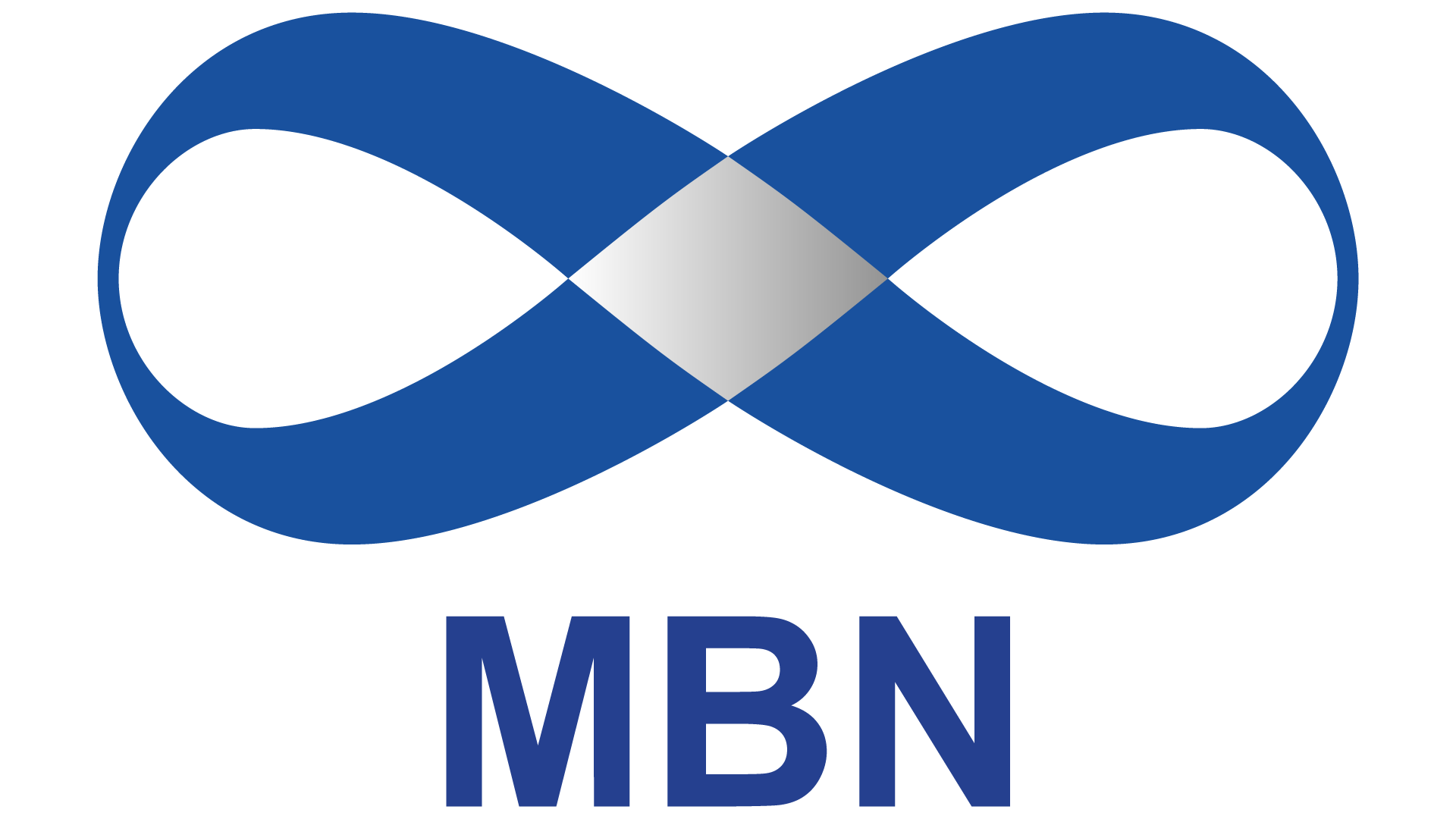What does .net mean?
The .net domain is the second most popular extension. It’s often presented as the recommended alternative to .com when you try to buy a domain name that is already in use. It’s estimated that around 4% of all global registered domains use this extension. The .net domain name extension stands for “network” and was originally meant to be used by umbrella websites acting as a portal for smaller sites.
You should use a .net extension for businesses that provides services like internet, website hosting, databases or collaboration tools. Another reason to use .net is when .com is not available. In this case, you’ll need to make sure that the business with your same domain name with a .com extension is not in the same industry, otherwise your audience might end up becoming their clients.
Whatever the reason is for you to use a .net domain extension, you’ll need to ensure that potential visitors remember it and don’t end up on the wrong site. An effective way to achieve this is by integrating your site’s TLD within your branding efforts, as your audience will end up naturally connecting your business name with .net. For example, a marketing consultant firm called Upstream may refer to themselves as Upstream.net to get their audience familiar with their correct domain extension.
.net vs .com differences
The most obvious difference between a .net and a .com domain is their purpose, as they were created for “network” and “commercial” sites. If your goal is to provide internet-based services or networking platforms, such as creating a forum, you should buy a .net domain. On the other hand, if your goal is to make money online, whether it is with a personal blog or an eCommerce website, you’ll want to purchase a .com domain name.
However, with nearly half of all domain names registered with a .com extension, .net has risen as the go-to alternative for unavailable web addresses. With time, the semantic differences have significantly diluted and the original purposes of these TLDs are no longer the main difference between the two. When it comes to comparing .net vs .com in 2020, the most significant distinction is the effect each of them has on mobile websites.
While choosing a .net or .com extension does not impact your site’s SEO capabilities, mobile browsers’ UI design can negatively affect sites with a .net domain. Most smartphone keyboards have a button dedicated to domain extensions, but as you’ve probably noticed its default option is always .com. As a result, searching for .net domains is more time-consuming and less user-friendly. With mobile accounting for more than half of all online traffic, this small detail can have a significant impact on the success of your site.
In order to maximize your online presence, it’s recommended to purchase both .net and .com extensions. With a domain name cost ranging between $8-$20 per year, the purchase of a second TLD will most likely result in a high return on investment as it will allow you to ensure visitors don’t accidentally reach a competitor’s site. All you need to do is redirect the additional extension to your main domain name.
.Org vs .Com – What’s the Difference?
What Does .Org Mean?
The .Org domain extension stands for “organization” and is more appropriate for non-profit organizations, but has a wide range of uses in for-profit websites. They can also be used for websites that provide people with free resources and information. Example: animalcorner.org is a free educational websites that teaches kids about animals.
What Does .com Mean?
The .com domain extension stands for “company” and is the No.1 premium domain extension. Although businesses commonly use both .com and .org extensions, .com is almost exclusively used by for-profit businesses.
.Com extensions are also more mobile-friendly, allowing them to better capitalize on the continuing mobile trend. However, when searching for the perfect domain name, you’ll find that there are many more .org extensions available to purchase. In fact, competition for a great domain with a .com extension can be fierce.

.Org and .Com Domain Extensions – Comparing the Two
.Org:
- Typically used by – Non-profit businesses and organizations
• Price – $8+/year
• Mobile-friendly – Not really
• Availability – Very high; only used by 5.2 percent of websites
• Credibility – Very credible for non-profit organizations and some types of businesses
.Com:
- Typically used by – All types of for-profit businesses
• Price – $8+/year
• Mobile-friendly – Yes
• Availability – Poor; Nearly 50 percent of websites use a .com domain
• Credibility – Very credible for any type of business/much more credible than .net, .biz, and other alternatives
.Org vs. .Com – What are the Pros and Cons?
.Org Pros and Cons
A .org domain name extension provides the websites of non-profit organizations with added credibility while making them more memorable and offering more domain name options to choose from. However, .org extensions are less mobile-friendly than .com domains and generally less versatile as well.
Pros:
- More Credible –Similar to the way .com extensions make for-profit businesses seem more credible, .org extensions make non-profit organizations appear legitimate. It sends a clear message that the site is providing information or a service with no intention of making a profit.
- More Searchable –People associate the .org domain extension with non-profit organizations, so more people search for non-profits using the .org extension.
- More Choices –Only around five percent of all of the world’s websites use a .org extension. This means there are many more domains to choose from with a .org extension than there are domains with a .com extension. In other words, you’ll be more likely to snag your first choice.
Cons:
- Less Mobile-Friendly –.Org domain names are a little more difficult to enter than .com domains on mobile devices. This is because many smartphones and tablets don’t have “.org” buttons like they do “.com” buttons. As a result, many organizations purchase both a .org and a .com domain, allowing them to re-route the .com traffic to the .org site.
- Less Flexible –Since .org domain name extensions are only appropriate for non-profit organizations, their usage is much more limited, and so is their flexibility.
.Com Pros and Cons
Whether you’re selling something or not, a .com extension can make your site more memorable, credible, and mobile-friendly. Unfortunately, due to their popularity, there are fewer .com domains out there to choose from, and the ones that are available are often more expensive.
Pros:
- More Credible –Thanks to its longtime association with several well-known and respected brands, the .com extension adds credibility to any website using it. Websites using other more widely available domain name extensions like .info and .biz, on the other hand, are viewed as spammy or low-quality by comparison.
- More Searchable –Since the .com extension is used by nearly 50 percent of all business websites across the globe, it’s the first domain name extension people use in their business searches. In other words, people are consumers are more likely to search for perfectpleats.com than perfectpleats.info, perfectpleats.biz, perfectpleats.net, and so on.
More Mobile-Friendly – Since .com extensions are so popular, most mobile devices have a .com button to make typing URLs as quick and easy as possible. No other domain name extensions have these mobile shortcut buttons.
Cons:
- Less Genuine –A .com extension automatically indicates that a website is trying to sell something. Therefore, visitors can feel a sense of bias and like the website is trying to convince them to hit the “Buy” button. This is why blog posts can sometimes seem less authoritative or genuine with a .com extension.
- Less Budget-Friendly –Sure, you can still find some real .com gems out there for $15 or less a year, but these are often few and far between. More often than not, if you want a relevant, catchy .com domain with no hyphens or symbols, you’ll have to pay more for it. Conversely, you’ll find plenty of .info extensions and the like for under $5.
Conclusion
The three letters at the end of your web address are as important as everything that comes before them. Not only will they affect your chances of being found online, but also have a significant impact on your audience’s perception of your brand.
With this in mind, the process of choosing between .com, .org or .net domain extensions should take place as soon as you start building your brand. Doing so will allow you to put together a cohesive online presence from the beginning, rather than trying to get the least bad outcome at the last minute.
Now that you know what each of these main top-level domains mean and what they’re commonly used for, you’ll be able to weigh the pros and cons of each option and make an educated decision that allows you to make the most of your online address.


